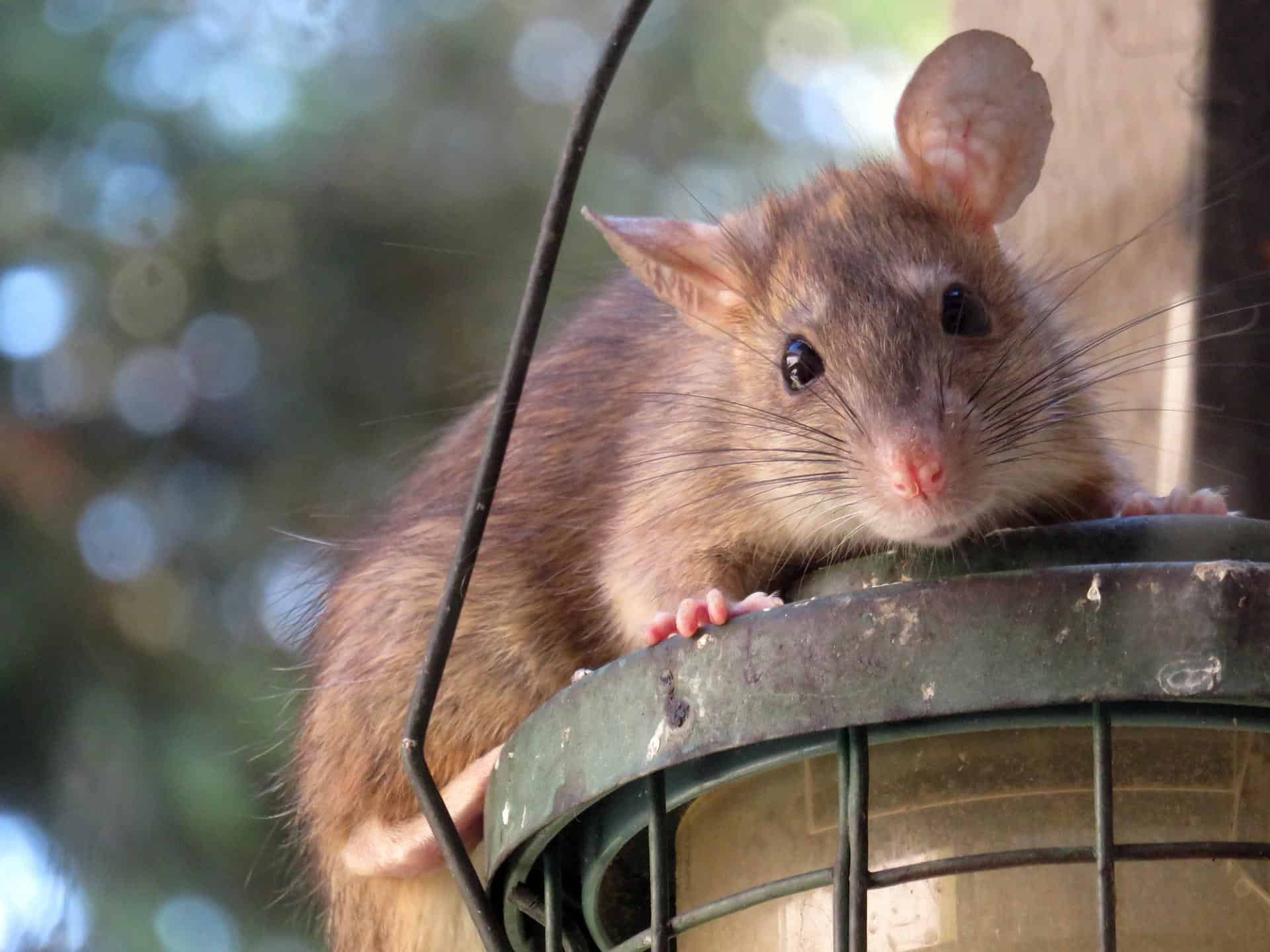
It’s a common misconception that mice and rats only invade homes during the winter months. In an effort to escape the summer heat, these rodents often look for places to keep cool – including kitchens and food pantries. While we’re enjoying the summer sunshine during the day, nocturnal creatures are enjoying their summer nights – possibly inside our homes!
The real question is, why do these uninvited critters come in our homes during the summer - and what can we do about it?
Mice and rats are in search of food, water, and shelter and our homes are the perfect place to provide them all three of those things. Rodents have a tendency to move around more during summer as opposed to other seasons. This is a necessity for their survival – to relocate from their winter and spring nests into places where they will be more comfortable during the summer heat.
Believe it or not, rats can get through holes half an inch wide and mice can get through holes one quarter of an inch wide. They will take up residence in your attic, in the crawl space under your home and even behind your refrigerator to escape the summer heat.
If there isn’t a hole for them to get through, they’re more than capable of chewing through drywall, insulation and wood. Mice and rats will also chew through electrical and automotive wiring too, so not only can they make a real mess of your property, they can also increase the potential risk for fires.
Even if you are someone who thinks mice and rats are cute, furry creatures, having a rodent infestation - or even just a couple of the little critters - is bad because not only they will they eat food and trash in your kitchen (and no one really wants to come face-to-face with one in your living space), but they’re known to carry several diseases that they can transmit to you.
That’s right. Mice and rats are known to carry at least 10 different diseases that can be spread through their urine and feces and quickly infect surfaces and floors. Some of the diseases they can transmit include Salmonella, Murine Typhus, Rat-bite Fever and Hantavirus Pulmonary Syndrome (a disease caused by the inhalation of excreta from infected deer mice).
Rodents are generally nocturnal animals, with peak activity occurring shortly after dusk and again prior to dawn. Inside occupied structures, they often become active within about 30-60 minutes following the subsiding of evening human activity.
Mice can become pregnant again in as little as two days after giving birth. Their offspring can cause a major infestation during the summer and can chew on practically anything.
They eat almost anything and can damage buildings by gnawing through rubber, aluminum, soft metals including light steel, cinder blocks, plastic and wood. They leave lots of droppings and can contaminate large amounts of food. They fit through small spaces (mice need only a 6-millimeter space and rats a 12-millimeter space to get through an opening).
You can identify a rodent problem by:
As a homeowner, there are a number of things you can do around your home and property in order to prevent a rodent infestation.
Note: When it comes to setting traps, pruning back vegetation, sealing potential entry points around your home and doing more pest-proofing, it’s best to call a professional! They know the areas around your home that rodents most likely use and will be able to prevent the infestation.
For more in-depth advice on how to combat the rodent problem, check out these comprehensive postings from the Government of BC and Health Canada.
The bottom line: Don’t let uninvited rodents into your home this summer!
Please not that c4u Inspections Ltd. always recommends all its clients to invest in a full pest inspection by professionals prior to any home or commercial purchase. Remember, better safe than sorry!